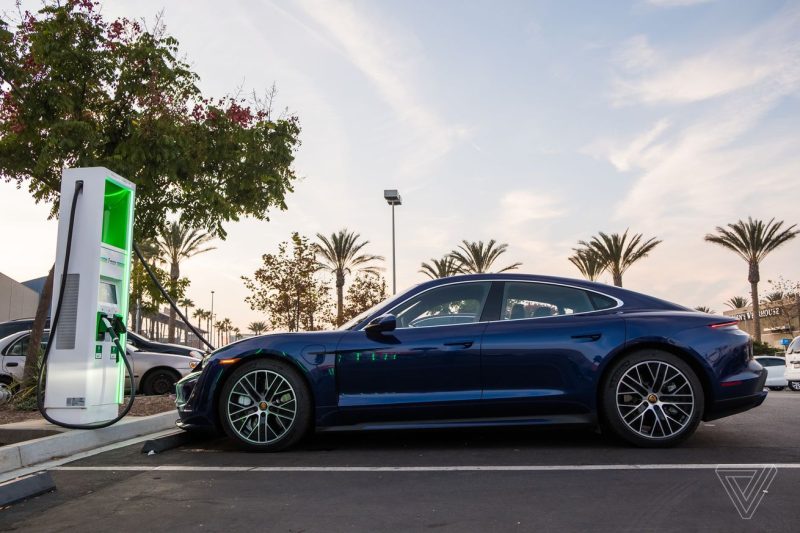
Porsche’s Delay in Embracing Electric Cars Adds Spark to Gasoline Lineup
Porsche’s Long-Term Strategy: Balancing Tradition and Innovation
Porsche, the iconic German automotive manufacturer, has long been synonymous with luxury, performance, and cutting-edge technology. With a rich history dating back to 1931, the company has consistently pushed the boundaries of automotive engineering and design. However, amidst a rapidly evolving industry landscape emphasizing sustainability and electric mobility, Porsche’s decision to hold on to gas cars for a bit longer raises questions about the brand’s long-term strategy and commitment to innovation.
While many automakers have accelerated their shift towards electric vehicles (EVs) as part of their sustainability goals and to meet stringent emissions regulations, Porsche has taken a somewhat different approach. The company’s CEO, Oliver Blume, recently announced that Porsche will continue to produce internal combustion engine (ICE) vehicles alongside its growing lineup of electric models. This decision raises eyebrows in an industry increasingly focused on transitioning to cleaner, greener technologies.
One key factor driving Porsche’s reluctance to fully embrace electric mobility is its dedication to its heritage and the traditional driving experience that its gas cars offer. For many enthusiasts and purists, the visceral thrill of driving a high-performance gasoline-powered sports car remains unmatched by the silent efficiency of an electric vehicle. By maintaining its commitment to producing ICE vehicles, Porsche ensures that its loyal customer base continues to have access to the driving experience they know and love.
Additionally, the profitability of gas cars cannot be overlooked. Despite the growing demand for EVs and the industry’s shift towards electrification, ICE vehicles still represent a significant portion of Porsche’s sales and revenue. By continuing to produce gas cars, Porsche can leverage its existing infrastructure, supply chains, and customer base to generate profits while simultaneously investing in the development of electric technologies for the future.
However, Porsche is not ignoring the electric trend entirely. The company has made significant strides in the EV market with the introduction of models such as the Taycan, its first all-electric sports car, and the upcoming Macan electric SUV. By offering electric alternatives alongside its gas-powered lineup, Porsche is catering to a broader range of customers and positioning itself as a key player in the evolving landscape of electric mobility.
Furthermore, Porsche’s commitment to sustainability extends beyond its product lineup to its manufacturing processes. The company has made substantial investments in reducing its carbon footprint and has set ambitious targets to increase the sustainability of its operations. By embracing electric mobility and focusing on sustainability, Porsche is not only meeting regulatory requirements but also aligning itself with changing consumer preferences and societal expectations.
In conclusion, Porsche’s decision to hold on to gas cars for a bit longer reflects a delicate balancing act between tradition, innovation, and profitability. While the company’s dedication to its heritage and the driving experience of its gasoline-powered vehicles is commendable, it is crucial for Porsche to continue investing in electric mobility and sustainable practices to remain competitive in a rapidly changing industry. By navigating the transition towards electrification with a strategic approach that considers both tradition and innovation, Porsche is poised to maintain its position as a leader in the automotive market for years to come.
